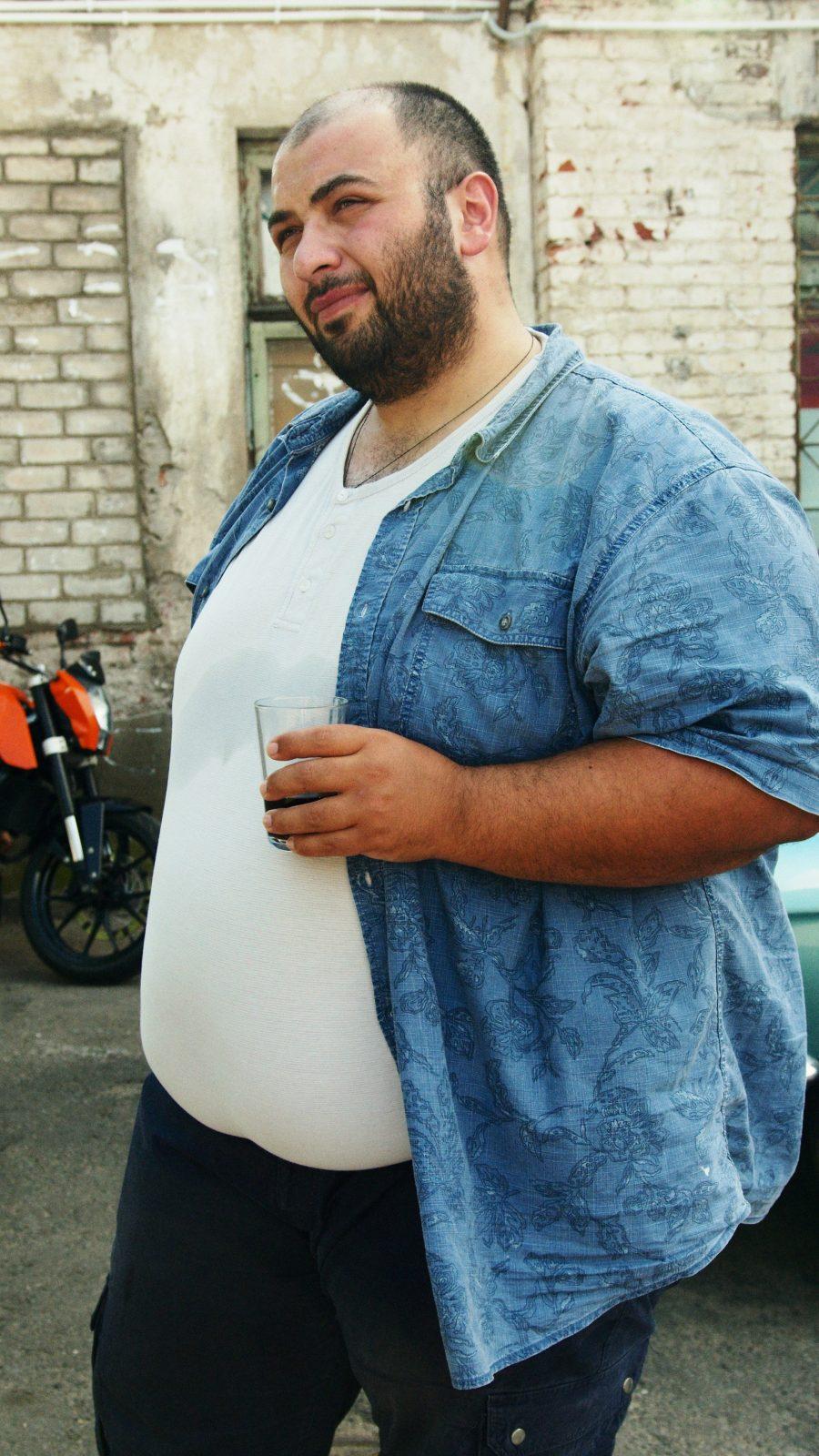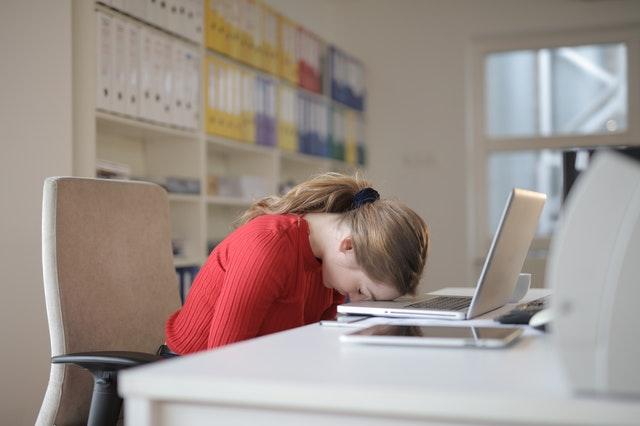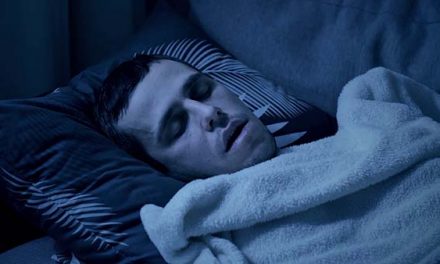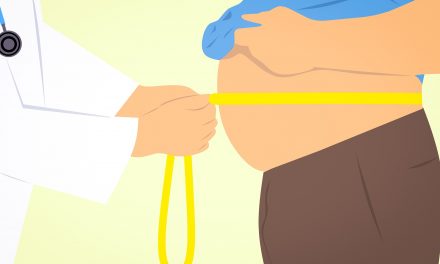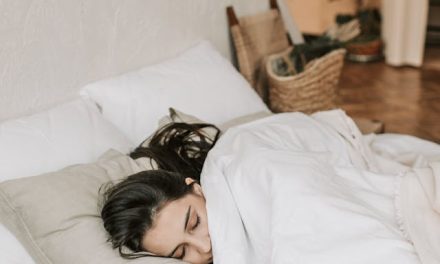Table of Contents
What is sleep deprivation but a term loosely used to describe various states of exhaustion? Sleep deprivation means insufficient sleep quantity or quality. It occurs when you sleep less than your body requires and affects your mental, physical, and emotional health.
“In peace and war, the lack of sleep works like termites in a house: below the surface, gnawing quietly and unseen to produce gradual weakening, leading to sudden and unexpected collapse.”
—Major General Aubrey Newman (Follow Me, 1981, p. 279)
What is sleep deprivation?
Sleep deprivation is the inability to get sufficient sleep. Sleep deprivation may increase your risk of developing health conditions. Prolonged sleep deprivation weakens the immune system and may cause cognitive impairment and irritability. While the short-term impacts are more noticeable, a lack of sleep for an extended time can increase the risk of developing a health condition that impacts your physical and mental health.
Sleep deprivation is bad for physical and mental health. Medical disorders such as diabetes, obesity, depression, and anxiety are linked to sleep deprivation. Individuals with comorbidities involving these health conditions are more at risk of heart attack or stroke. Moreover, sleep deprivation causes reduced perception, concentration, vision abnormalities, and slower reaction speed. Sleep deprivation slows your reaction time, which is particularly problematic if you work or perform duties such as driving a motor vehicle. A sleepy and exhausted person is more prone to accidents because of impaired judgment.
It is critical to minimize sleep deprivation to avoid physical and mental health issues. A good night’s sleep will help you become the best possible version of yourself. Understanding the following aspects of sleep deprivation will help you position yourself to get the rest you require.
- sleep deprivation types,
- sleep deprivation causes,
- sleep deprivation symptoms,
- sleep deprivation consequences,
- sleep deprivation impacts,
- sleep deprivation diagnosis,
- sleep deprivation treatment,
- sleep deprivation prevention.
Definition of sleep deprivation
Sleep deprivation occurs when a person doesn’t get enough sleep or does not sleep at all during a 24-hour cycle. The amount of sleep required to feel refreshed and to operate effectively varies with age and depends on the individual. Most adults need seven to eight hours of sleep per night for good health. Getting at least 8 hours of sleep will prevent sleep deprivation symptoms. Depending on age, teens and children require nine hours or more of nightly sleep.
Types of sleep deprivation
There are several types of sleep deprivation.
- Acute sleep deprivation occurs when a person’s sleep time is significantly reduced over a few days. Acute sleep deprivation may be enough to cause endothelial dysfunction, explaining the association between sleep conditions and cardiovascular disease.
- Chronic sleep deprivation, commonly known as insufficient sleep syndrome, is characterized as interruptions during sleep that lasts for three months or longer. Also known as sleep fragmentation, chronic sleep deprivation affects cognitive performance and causes weariness and moodiness.
- Chronic sleep deficiency, often known as insufficient sleep, refers to ongoing sleep deprivation. Chronic sleep deficiency is more common in young adults and is linked to motor vehicle accidents.
Sleep deprivation vs. insomnia
Insomnia is a sleep disorder whereby low sleep quality occurs. Insomnia is characterized by the inability to fall asleep and stay asleep. Both symptoms may be present in a person who is experiencing insomnia.
The effects of insomnia can include fatigue, depression, anxiety, and impaired concentration. Insomnia is a symptom that affects an individual. For example, you may wake up sooner than you would want, possibly in the early morning hours, and be unable to fall back asleep.
Who is more likely to be affected by insomnia?
- Women are more prone to insomnia than men.
- Insomnia is more likely to impact shift workers with an irregular schedule.
- People who have a history of depression
- People who don’t get enough exercise.
Sleep deprivation happens when insufficient time is allowed for sleep due to lifestyle choices and commitments.
Sleep deprivation causes
The most prevalent cause of sleep deprivation is not allowing enough time to sleep. A lack of allowed time for sleep mainly depends on personal time management. One must calculate a reasonable amount of time for sleep in relation to the waking time the next day.
Other factors that may cause sleep deprivation:
- circadian rhythm disorder
- delayed sleep phase syndrome,
- jet lag when traveling across time zones,
- late shift employment,
- aging,
- illness,
- use of medication
- use of illicit drugs.
- stress,
- a change in work/life schedule,
- a baby that frequently wakes up at night.
- Noise from the environment, such as a pet, loud music, and street traffic.
Sleep deprivation symptoms in adults
Excessive daytime sleepiness is the most common symptom of sleep deprivation. Prominent signs and symptoms include:
- drowsiness during the day,
- irritability,
- depression,
- forgetfulness,
- cognitive impairment,
- inability to focus on a task,
- weight gain.
The effects of Drowsiness are more prominent while doing something calm like reading or watching TV.
Sleep deprivation symptoms in children
- daytime naps,
- snoring,
- breathing pauses during sleep,
- difficulty sleeping through the night,
- teeth grinding,
- trouble waking up in the morning,
- restless sleep,
- trouble falling asleep,
- difficulty staying awake during the day,
- unexplained decrease in daytime energy,
- unusual events during sleep, such as sleepwalking and nightmares.
It is essential to speak with your pediatrician if your child shows any of the above symptoms of sleep deprivation.
A lack of sleep in children may cause or increase the risk of the following:
- accidents
- injuries,
- impulsive behavior,
- memory,
- concentration,
- learning disabilities,
- slower reaction times,
- overeating
The impact of sleep deprivation on children
Sleep deprivation has a different effect on children than it does on adults. Sleep-deprived children and teenagers are more likely to have poor academic performance. Chronically sleep-deprived teenagers are more likely to have issues with self-control,
Sleep deprivation is linked to an increased risk of depression and attention deficit hyperactivity disorder (ADHD). High school students who consistently receive C, D, or F scores in school tests and assignments typically get half an hour less sleep than children who consistently receive A and B marks.
Consequences of Prolonged Sleep Deprivation
There is a strong connection between sleep deprivation and specific health conditions such as obesity, diabetes, and mental health issues.
Sleep deprivation directly impacts your body’s ability to wash away waste and toxic proteins from your brain at night.
Sleep Deprivation and Obesity
Obesity is commonly determined by body mass index (BMI) measurement. BMI is calculated as weight in kilograms divided by height in meters squared.
BMI = kg/m2
Adults who sleep 7.7 hours have the lowest BMI, while those who sleep less have increasingly greater BMI. Treating sleep deprivation and sleep disorders may benefit individuals with obesity since studies have shown that they are linked.
Sleep Deprivation and Diabetes
Sleep deprivation hinders the body’s ability to control blood sugar10, which increases the risk of metabolic diseases such as diabetes. Sleep deprivation is associated with a reduction in carbohydrate tolerance, similar to those seen in people with significant glucose intolerance. As a result, long-term sleep deprivation increases the chance of developing diabetes.
Sleep Deprivation and Mental Health
Sleep deprivation is linked to various mental health issues, including anxiety, depression, and bipolar illness. It increases the risk of drug and alcohol abuse, irritability, and aggressive behavior, negatively impacting a person’s mental health. Sleep and mental health are strongly intertwined.
Sleep Deprivation diagnosis
Drowsiness is one of the indications of sleep deprivation. Falling asleep within 5 minutes of lying down is another sign of severe sleep deprivation.
Sleep-deprived people may also experience “microsleep,” or short periods of sleep lasting less than 30 seconds during waking hours. Microsleep episodes often go unnoticed. Your brain frequently switches between being asleep and being awake during microsleep. Each sleep cycle is only a few seconds long. The public’s safety is threatened when certain workers, such as pilots, air traffic controllers, truck drivers, locomotive drivers, and factory workers, experience microsleep.
A doctor or health care practitioner may review your medical history to make a sleep deprivation diagnosis. The doctor may also have a sleep study (polysomnogram). The most prominent forms of sleep studies track and record data about your body. Things that are monitored during a whole night of sleep include:
- eye movements,
- brain wave changes,
- blood pressure,
- breathing rate,
- heart rate and electrical activity of the heart.
Sleep deprivation treatment
In today’s world, sleep deprivation is commonplace. According to the Public Health Agency of Canada, one in two adults has trouble falling asleep or staying asleep. One in five adults do not find their sleep refreshing, and one in three adults has difficulty staying awake during waking hours. Treatments for sleep deprivation differ depending on the severity of the condition.
Get enough sleep to avoid sleep deprivation.
Adopting healthy sleep habits is critical for sleep deprivation treatment. The best treatment for sleep deprivation is getting enough sleep. Start by going to bed earlier and maintaining a consistent sleep schedule, waking up around the same time every day, even on weekends.
Create a healthy sleep environment by avoiding bright lights and loud noise. Maintain a comfortable and cool temperature in your bedroom. If you are heating your house, turn the thermostat down a few degrees for sleeping. Getting at least eight hours of sleep each night will help your body resume its routine. “You’re putting energy in the bank when you sleep,” says Barry Krakow, MD, author of Sound Sleep, Sound Mind: 7 Keys to Sleeping Through the Night.
Speak with your doctor about sleep deprivation
Speak with your doctor or healthcare practitioner to assess your condition and make the most appropriate treatment recommendations. Your doctor may advise you to try self-care techniques such as morning and nighttime routines. Try listening to music, reading, and meditating to relax before bed. Avoid caffeine at least 3 hours before bed. In some cases, your doctor may prescribe sleeping medication.
Get Napping for sleep deprivation.
Napping can relieve symptoms of sleep deprivation and boost your alertness. Napping helps people of all ages. The average duration of napping is 25 minutes. People choose to take naps for various reasons, including sleep deprivation and preparation for sleep loss, i.e., knowing that you will stay up late.
Keep a record of your sleep schedule if you are sleep-deprived
Keeping a sleep journal might assist you in calculating your average sleep time and determining what sleep disturbances affect your sleep quality. Keep track of when you get out of bed, how long you sleep (including naps), and how much coffee, alcohol, or nicotine you consume during the day. Recording details about your sleep habits will help identify sleep disorders. To examine your sleep quality, a doctor may use an actigraph. It is a device worn around your wrist and measures your body motion and exposure to sunlight or artificial light.
Sleep deprivation prevention
Sufficient sleep time is fundamental and necessary for overall health. It is as essential to human health as food and water. According to a study in the Centers for Disease Control and Prevention’s (CDC) Morbidity and Mortality Weekly Report, more than a third of American adults are not getting enough sleep. Sleep quantity and quality significantly impact a person’s health and well-being.
Individual sleep requirements vary depending on age, physical activity, and health conditions.
To prevent sleep deprivation, children require nine to ten hours of sleep. Even a half-hour increase in your child’s nightly sleep can positively impact their school performance. Adults need seven to eight hours of sleep to prevent sleep deprivation.


